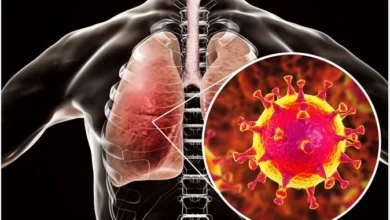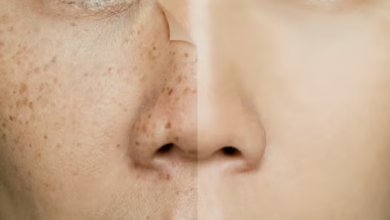Natural way to Reduce Anxiety Immediately
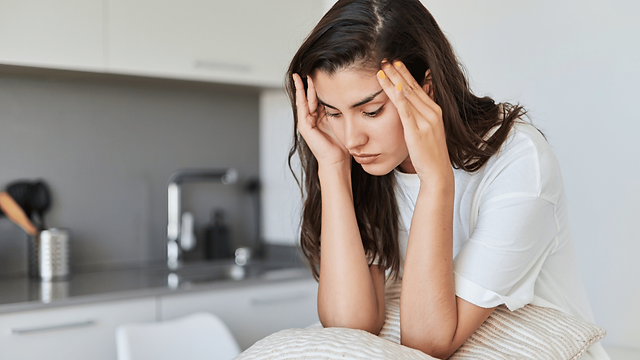
Feeling anxious at times is a part of life, but when those feelings overwhelm you, knowing quick methods to regain control can make all the difference. Learn how to reduce anxiety immediately with simple, effective techniques. Our guide offers quick solutions and practical tips for instant calm and lasting peace.
Understanding Anxiety
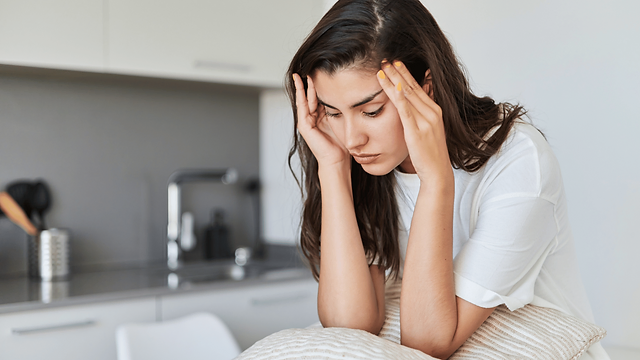
Anxiety goes beyond occasional stress; it involves intense, excessive, and persistent worry and fear about everyday situations. It can manifest through various symptoms such as racing thoughts, increased heart rate, sweating, trembling, feeling weak or tired, and having trouble concentrating. Recognizing these signs is crucial as they inform the urgency and type of strategy to deploy for relief.
Immediate Techniques to Reduce Anxiety
Deep Breathing Exercises

When anxiety strikes, your breathing pattern changes. Here’s how to use deep breathing to stabilize your mood quickly:
- Find a comfortable sitting position with your back straight.
- Breathe in deeply through your nose, ensuring your diaphragm (not your chest) inflates with enough air to create a stretch in your lungs.
- Pause for a few seconds.
- Exhale slowly through pursed lips.
- Repeat this cycle for several minutes until you feel calmer.
Mindfulness and Meditation
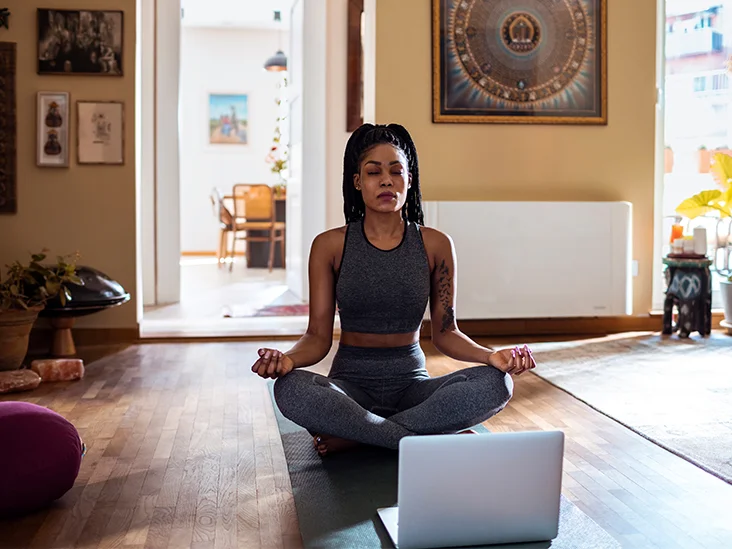
Meditation can be a powerful tool for immediate anxiety relief:
- Sit or lie in a quiet place.
- Close your eyes and take a few deep breaths to start.
- Bring your attention to your breath, or focus on a word or phrase that makes you feel at peace.
- If your mind wanders, gently redirect your focus back without judgment.
- Continue this for 5 to 10 minutes.
Progressive Muscle Relaxation (PMR)
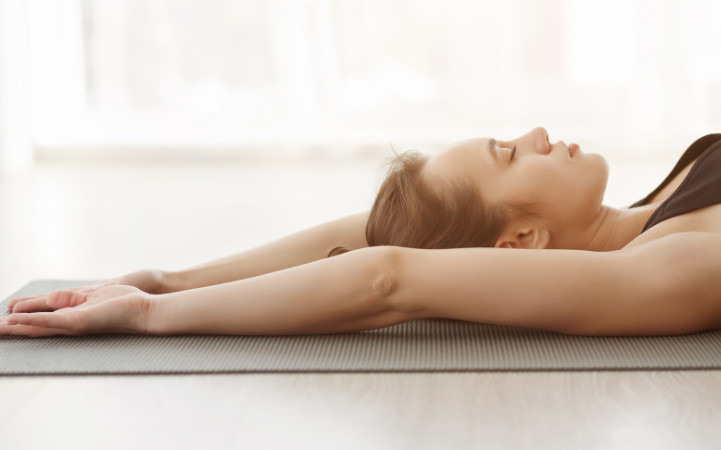
This technique reduces anxiety by combining tension and relaxation in all major muscle groups:
- Begin with your forehead. Wrinkle it tightly, hold, and abruptly release, feeling the tension fall away.
- Move to your eyes. Close them tightly but without straining. Relax.
- Continue working down your body, tensing each muscle group (cheeks, lips, neck, shoulders, arms, chest, legs, and feet), holding the tension, and then releasing it.
- Focus on the change in sensations when the muscles relax.
Lifestyle Changes to Support Anxiety Management

Long-term anxiety reduction can benefit significantly from lifestyle adjustments:
- Exercise Regularly: Engage in physical activities like walking, cycling, or yoga. Exercise releases chemicals in your brain that are natural stress relievers.
- Healthy Diet: Foods can affect your mood. Avoid excessive caffeine and sugar, which can increase anxiety levels, and incorporate omega-3 fatty acids, probiotics, and B vitamins into your diet.
- Adequate Sleep: Ensure you get 7-9 hours of sleep per night, as sleep deprivation can exacerbate anxiety.
Professional Help and When to Seek It
If anxiety disrupts your ability to function, consult a mental health professional. Effective treatments, such as Cognitive Behavioral Therapy (CBT), can offer new coping mechanisms and alleviate symptoms. There’s no shame in seeking help—it’s a sign of strength to take charge of your mental health.
Conclusion
Tackling anxiety effectively requires a blend of immediate techniques and long-term strategies. By employing these methods, you can experience relief when anxiety strikes and gradually build resilience against future episodes. Remember, it’s essential to reach out for professional help if your anxiety feels unmanageable.
If you have any queries related to medical health, consult Subhash Goyal or his team members on this given no +91 88008 25789, +91 99150 99575, +918283060000

